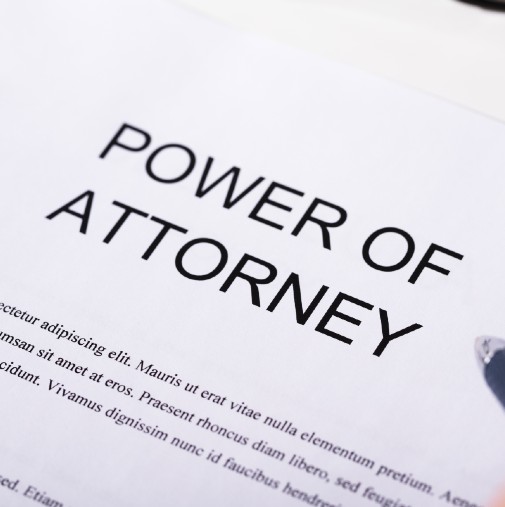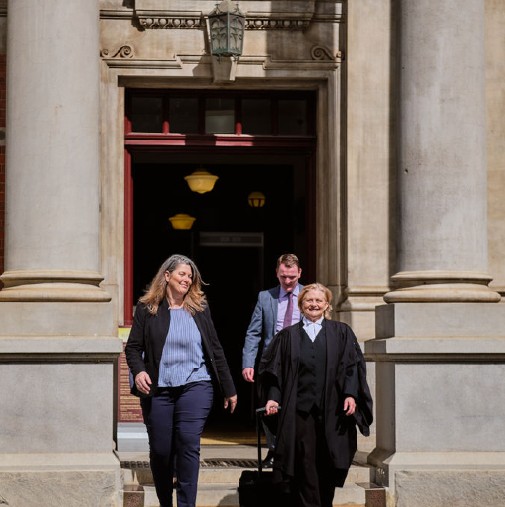ESTATE PLANNING [WILLS]
POWER OF ATTORNEY
DECEASED ESTATES & ADMINISTRATION
DECEASED ESTATE CLAIMS
CONTESTING A WILL

ESTATE PLANNING [WILLS]
A will is a legal document expressing how and to whom you wish your estate to be distributed upon your death as well as appointing an executor and any guardian to be responsible for the care of any minor children. It is important to get legal advice from experienced estate planning lawyers before signing a will.



POWER OF ATTORNEY
An Enduring Power of Attorney (EPA) is a legal document that appoints another person to make legally binding property and financial decisions on your behalf. It is essential in circumstances where you may be unable to manage your financial affairs for any period of time. Consult with a wills and estates lawyer to understand the legal effect, implications and legal obligations of parties to a power of attorney.









DECEASED ESTATES & ADMINISTRATION
Whether someone dies with or without a Will, an application must be made to the Court to authorise person/s (Executor or Administrator) to deal with the deceased’s estate. A Grant of Probate or Letters of Administration provides the authority to pay the debts of the Deceased and distribute the assets in accordance with the Will or the Law.



DECEASED ESTATE CLAIMS
The Family Provisions Act 1972 (WA) provides for eligible people to make a claim on an estate, where they believe they have not been adequately provided for in a Will.
Our estate planning lawyers and deceased estates lawyers provide advice on potential claims – how to avoid them when drafting your will – and how to make a claim or defend claims for provision from a deceased estate.








CONTESTING A WILL
In circumstances where there is doubt as to whether a Will is the true Last Will of a deceased our wills and estates lawyers can provide advice on whether to contest the validity of the will or caveat a grant of probate. A caveat can request the will be proved in Solemn Form.
The Court may require the person proposing the will to provide supporting evidence where there is doubt as to: the testator’s mental capacity; a question of undue influence; or perhaps evidence of a later will..


